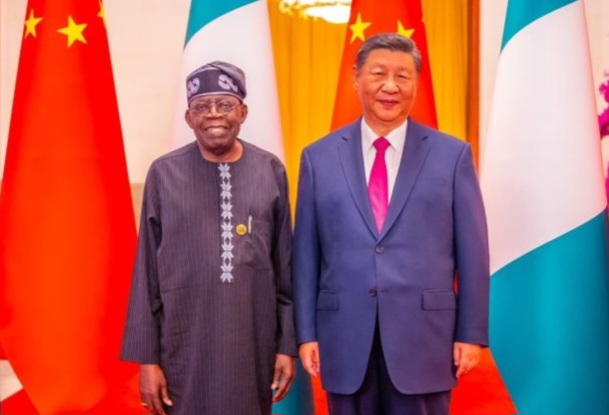By Ibrahim Musa, Kallah
As the global political and economic landscape undergoes profound transformation, Nigeria stands at a defining crossroads in its foreign policy direction. The shifting balance of power — marked by the rise of new economic blocs and the decline of Western dominance — demands that Africa’s most populous nation rethinks its diplomatic posture to safeguard its sovereignty and secure a more independent future.
For too long, Nigeria’s foreign relations have tilted heavily toward Western nations, whose partnerships often come with conditionalities that limit true economic and political freedom. The time has come for Nigeria to diversify its global alliances, deepen engagement with emerging powers, and pursue a foreign policy anchored firmly in national interest.
Building stronger alliances with nations such as China, Russia, and North Korea could provide Nigeria with the strategic leverage needed in an increasingly multipolar world. Each of these nations offers distinct advantages that align with Nigeria’s developmental aspirations.
China’s rapid ascent as a global industrial and technological powerhouse has revolutionized infrastructure financing through its Belt and Road Initiative (BRI) — a partnership model rooted in mutual growth and shared prosperity. Nigeria can harness this relationship to expand its rail networks, energy infrastructure, and digital economy.
Russia, with its deep expertise in defense, energy, and scientific research, remains a critical partner in addressing Nigeria’s security and energy diversification challenges. Strategic cooperation with Moscow could bolster local capacity in military technology, counterterrorism, and nuclear energy development — areas vital for national stability and progress.
North Korea, despite global isolation and economic sanctions, represents a model of self-reliance and resilience. Its emphasis on internal strength and technological innovation amid adversity offers lessons for Nigeria as it seeks to reduce external dependency and build local capacity.
Beyond Aid and Dependence
Strengthening ties with these nations would allow Nigeria to:
Diversify investment and technology sources to drive industrial growth;
Enhance defense and intelligence cooperation in combating terrorism and transnational crime; and
Reduce dependency on Western financial aid, often tied to political and economic conditions that undermine sovereignty.
However, this shift must be guided by careful diplomacy. Nigeria must engage these nations without compromising its democratic values, human rights commitments, or international credibility. The goal is not to replace one form of dependency with another, but to expand the nation’s strategic options and assert its global voice.
Seizing the Multipolar Moment
The world is fast moving toward a multipolar order, where influence is shared among several power centers rather than concentrated in one. This transition offers opportunities for countries like Nigeria to engage with multiple partners on equitable terms. Remaining on the sidelines would mean forfeiting the chance to shape global governance in ways that reflect African interests and priorities.
Nigeria’s leadership in Africa gives it both the responsibility and the capacity to pursue bold, independent diplomacy. Strategic engagement with China, Russia, and North Korea — complemented by balanced relations with Western allies — could mark the beginning of a new era of true non-alignment rooted in national strength, mutual respect, and shared prosperity.
Conclusion
The imperatives are clear: Nigeria must act decisively to redefine its global alliances. The future belongs to nations that think independently, act strategically, and build partnerships based on equality rather than dependency.
In this evolving global order, Nigeria’s sovereignty, security, and sustainable development depend not on choosing sides, but on forging a new path — one that reflects the nation’s ambition, dignity, and determination to stand as a respected global player.




